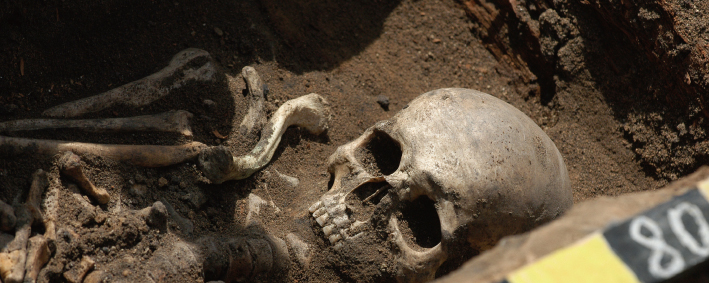 |
CCST9030 Science, Technology and Big Data
|
CCST9010 The Science of Crime Investigation
Course Description
Modern forensic science covers multiple scientific disciplines such as chemistry, physics, biology, medicine, computing, engineering etc. This course will lead students to explore the world of modern forensic science through a series of selected topics interplayed with interesting, famous or mysterious crime case studies and Problem-Based Learning (PBL) tutorials. Additionally, hands-on practicals will enable students to carry out the collection and analysis of several types of forensic materials, including hairs and fibres, fingerprints and shoeprints, soil samples, and drug analysis, which can be found in everyday life.
Through the hands-on work, students can appreciate the possible gap between theory and practice, which will help them develop in-depth understanding of the scientific topics taught in lectures or read from books as well as applying and verifying ideas and theories in practice. In addition to introducing students to the underlying scientific, legal and ethical concepts of crime investigation, knowledge gained in the course will be used by students to critically analyze assigned crime cases and generate logical solutions from TV shows and movies. All course contents including practicals are designed to be suitable for students having little or no science training.
[The Laboratory component of this course (with two laboratory sessions) is compulsory. The laboratory sessions will be arranged during the semester on Wednesday or Friday mornings from 9:30 am to 10:50 am or 11:00 am to 12:20 pm. Please make sure you do not have time conflicts before enrolling on this course.]

Course Learning Outcomes
On completing the course, students will be able to:
- Explain how scientific and technological principles are being applied in modern forensic science.
- Demonstrate good understanding of how modern forensic science is being applied to uphold justice in the society and solve crimes in everyday life.
- Investigate and apply forensic principles and analysis on evidence/samples gathered by students.
- Apply critical thinking and scientific knowledge systematically on uncertain and unfamiliar situations, starting from identifying and defining problems, gathering evidence, analytical reasoning and group discussion, to finally generating solutions to solve the problem of crime case studies.
Offer Semester and Day of Teaching
First semester (Wed)
Study Load
| Activities | Number of hours |
| Lectures | 24 |
| Tutorials | 10 |
| Reading / Self-study | 40 |
| Assessment: Case study | 10 |
| Assessment: Essay / Report writing | 20 |
| Assessment: Presentation (incl preparation) | 10 |
| Assessment: Laboratory practicals (incl preparation, performance and report writing) | 20 |
| Assessment: Quizzes | 8 |
| Total: | 142 |
Assessment: 100% coursework
| Assessment Tasks | Weighting |
| Case studies and Problem-based Learning tutorial | 20 |
| Group report | 20 |
| Assignments and laboratory reports | 30 |
| Quizzes | 30 |
Required Reading
- Saferstein, R. (2015). Criminalistics: An introduction to forensic science. Prentice Hall.
Course Co-ordinator and Teacher(s)
| Course Co-ordinator | Contact |
| Professor Z. X. Guo Department of Chemistry, Faculty of Science |
Tel: 3917 5433 Email: zxguo@hku.hk |
| Teacher(s) | Contact |
| Professor Z. X. Guo Department of Chemistry, Faculty of Science |
Tel: 3917 5433 Email: zxguo@hku.hk |
| Professor D.L. Phillips Department of Chemistry, Faculty of Science |
Tel: 2859 2160 Email: phillips@hku.hk |
| Professor B.L. Lim School of Biological Sciences, Faculty of Science |
Tel: 2299 0826 Email: bllim@hku.hk |

